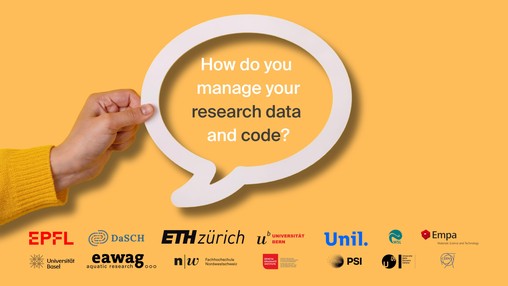School of Architecture, Civil and Environmental Engineering (ENAC)
ENAC combines the forces of Architecture, Civil Engineering and Environmental Sciences and Engineering to help ensure a sustainable living environment for humanity through the sound and respectful integration of human activities into the biosphere.

Education | Research | Innovation
ENAC’s latest news
ENAC three disciplines
ENAC bring together three transformative disciplines:
- Architecture
- Civil Engineering
- Environmental Sciences and Engineering
ENAC explores the potentials of interdisciplinarity to achieve excellence in the training of tomorrow’s architects and engineers as well as to place scientists at the forefront of research.




























